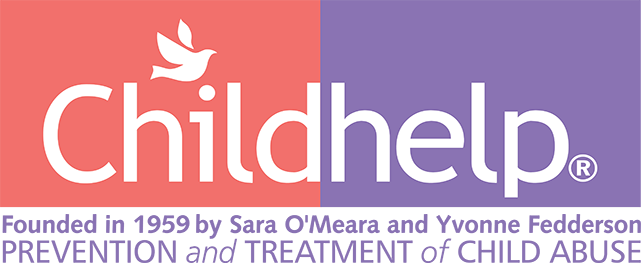
What is Gaslighting?
Gaslighting can take many different forms and can happen within various types of relationships. Victims of gaslighting may feel exhausted or simply confused after talking with the abuser. That is the goal of the abuser, as it is a form of control. This can be harmful to the victim, as it may impact their functioning, self-esteem, and mental health.
Some approaches an abuser may take can include:
- Telling others dishonest things about you
- Making you feel like you are over-reacting
- Lying to you directly
- Twisting your words
- Making you feel your thoughts are unimportant or are invalid
- Making you feel guilty about your own opinions
- Avoiding taking any type of blame
Gaslighting should be taken seriously, as it is never ok to be pushed to the point of questioning your own perceptions and memories.

Is this happening to me?
After learning about what gaslighting is, you may be wondering if it is happening yourself? Individuals who are victims of gaslighting may start to feel as though they have lost control of their feelings and their confidence levels may be lower. You may start to wonder if something is wrong with you or think that others are not pleased with you. You may not feel capable of doing things that you typically would because you do not want to do something wrong. Heightening your awareness of these symptoms may help you identify things that your abuser does not want you to discover.
Remember, the goal of the abuser is to make you feel like you are not sure of yourself and your thoughts. Depending on the person and your relationship, they may be very good at twisting things around, making you feel like the bad person, or lead you to question your worth.
What isn’t Gaslighting?
So far, we have reviewed what gaslighting is and how to identify if it is happening to you. It is also important to be able to identify when situations do not necessarily involve gaslighting. It can be easy to think that someone disagreeing with you or giving you feedback that you do not agree with is gaslighting.
It may require you to deeply think about a situation that you had with a person you suspect is your abuser. What did this person say to you that made you feel the way that you did? Does this person provide only negative and confusing feedback to you? What happens when you challenge what they say (what is their response)? Does this person validate you in any way? Most importantly, do you have any of the symptoms that we discussed prior?
If you are still unsure if you are being gaslighted, speak up! Tell someone that you trust what is happening and get their perspective on the situation. It is ok to ask for help when you do not know the answer!

Ways to handle Gaslighting

You may be thinking, how do I handle an abuser who is gaslighting me? It will be important for you to maintain a grasp on reality and question things that do not seem right.
There are a few approaches that you can take, which include:
- Keeping a journal to keep track of things that happened. Remember to keep this in a safe place that cannot be found. Text or email a friend if you cannot keep a physical journal.
- Take photographs of things that you do. That way you can avoid being tricked into thinking something else happened.
- Remain focused on collecting evidence and do not argue with your abuser to avoid further manipulation.
- Talk with others and share your experiences! This can be done with someone you trust (Family member, close friend, therapist). If you do not have those types of support, it is ok. There are supportive hotline and chatlines that can talk with you about what you are experiencing.
Additional Gaslighting Resources
Below you will find different resources with links to articles and videos to help you continue to navigate this topic. Taking steps to educate yourself on gaslighting can help you better identify warning signs and increase your ability to take action.




